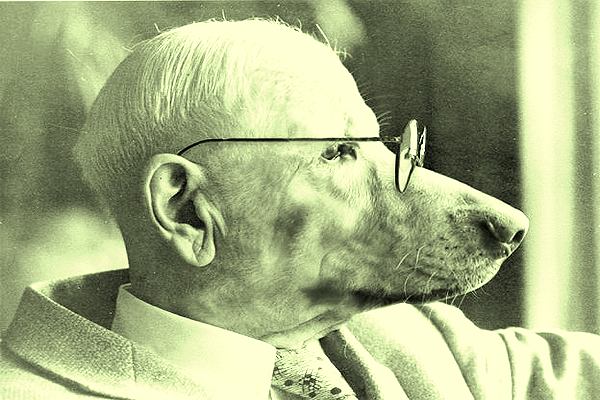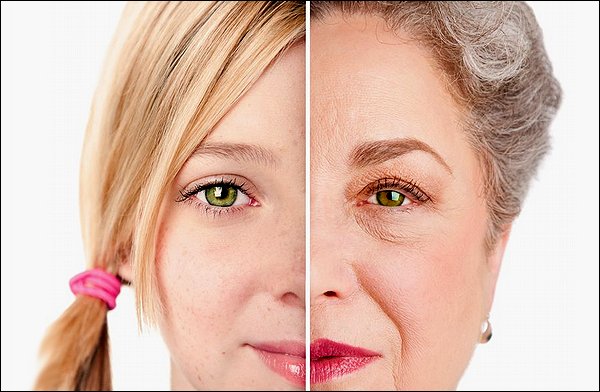The word longevity, or having a long individual life, comes from the Latin word longaevitäs (longus: long and aevum: age). Longevity refers to the average number of years that a single person is expected to live under ideal conditions.
How long do you want to live?
The longest unambiguously documented human lifespan is that of Jeanne Calment of France, who died in 1997 at age 122 years, 164 days. She rode a bicycle to the age of 100 and met Vincent Van Gogh in her father’s painting shop when she was 12 or 13. The oldest documented male is Dane Christian Mortensen, who lived for 115 years, 252 days.
The good, the bad, and the blind.
With falling birthrates and rising life expectancies, a projected one-in-five Americans will be 65 or older by 2050, according to a 2013 Pew Research Center report (Living to 120 and Beyond). Some futurists think even more radical changes are coming, including medical treatments that could slow, stop or reverse the aging process and allow humans to remain healthy and productive to the age of 120 or more. A 2013 issue of National Geographic carried a picture of a baby on its cover with the headline: “This Baby Will Live To Be 120.” All this is good news for Gen NeXters, who may one day be shopping for Beemers and Botox as healthy centenarians.
Yet many do not look happily on the prospect of living much longer lives, the Pew survey finds. Asked whether they, personally, would choose to undergo medical treatments to slow the aging process and live to be 120 or more, a majority of U.S. adults (56%) say “no.” But more than two-thirds (68%) think that most other people would.
One reason for the difference may be the bias blind spot, a term coined by social psychologist Emily Pronin (2002). Although we are quick to recognize self-enhancement motivations in others, it is much more difficult seeing them in operation within ourselves. As a result, we likely conclude that our own perceptions and judgments are somehow less subject to these motivations than the people we observe and interact with in our everyday lives.
It’s paradoxical, that the idea of living a long life appeals to everyone, but the idea of getting old doesn’t appeal to anyone.
~ Andy Rooney
* Questionable beliefs can “trap” our better judgment, leading to poor decisions and unintended consequences. In the bias blind spot, we tend to think our own beliefs are accurate and our sources trustworthy, but those who hold different views are biased and their sources are not trustworthy. Learn more about this, and other traps, in the Young Person’s Guide to Wisdom, Power, and Life Success.
Image credit: “Old dog” by Penbender (2005), licensed by permission of copyright holder.













